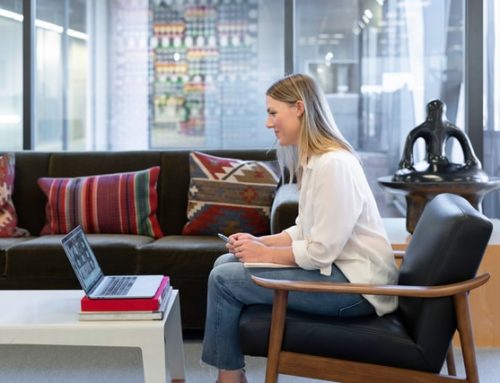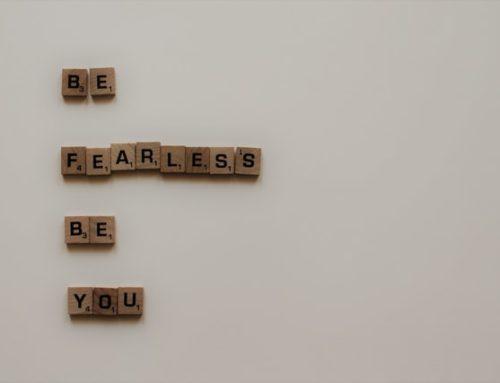Facebook has become a part of our modern life. It’s difficult to find someone who doesn’t have a Facebook account.
In fact, one of the first questions you’re usually asked after meeting someone new is whether they can add you on Facebook.
Spending time on Facebook can be a lot of fun. In fact, many people find it to be so much fun that they end up using the site for longer periods of time than they intended.
So, everything’s all good when it comes to Facebook, right? Not necessarily. Studies show that Facebook can have an impact on your happiness—and not always in a good way.
The Good about Facebook
One of the ways that participating on Facebook can boost your happiness is that it lets you keep in touch with old friends. A lot of users also enjoy playing games like Words with Friends or Candy Crush Saga, even competing with other friends from Facebook.
In our busy modern society, it can be much harder than ever before to maintain social networks face-to-face. We’re much busier and are much more likely to be geographically spread across great distances from our friends. Social media networks like Facebook make it easier to feel like we have a social life.
What the Studies Say about Facebook and Happiness
Here’s where the bad news comes in: the studies about how Facebook affects your happiness are generally not great. Numerous studies have shown that happiness decreases as Facebook use increases. People who are heavy users of the social network are more likely to feel dissatisfied with their lives. Heavy users are also more likely to feel jealous of others and to compare themselves negatively to others.
Of course, what we see on Facebook is intentionally curated to present the most positive images of ourselves. People only post from the highlight reel of their lives. Your Facebook feed is filled with your friends’ romantic vacations, the big job promotions, and the kids’ championship wins. What doesn’t make the cut: a spouse’s affair, worries there might not be enough money to cover the bills, a teenager’s run-in with the law.
When you only see the best parts of everyone else’s lives, it can start to make it seem like your life is much worse than everyone else’s. That easily leads to unhappiness and dissatisfaction.
How to Maximize Your Happiness on Facebook
It turns out that there are correlations between certain types of Facebook use and your happiness levels. The more Facebook “friends” you have, the more likely you are to believe your life stacks up negatively in comparison.
You might think that because of the nature of the site, the more friends, the more social support you’ll experience. But it turns out that the exact opposite is true. The more friends you have or connections you have on the site, the lower your happiness—and the less supported you will feel.
But none of this means you have to deactivate your Facebook account and never look back. The same researchers have shown that even if too much use can be problematic, brief and intentional use can be a good thing.
Instead of randomly scrolling through your Facebook news feed and adding everyone who sends you a friend request, choose to add people with more intentionality. Then instead of viewing the site every day—and worse, several times a day when the app “pings” your phone—just check in with the site once or twice a week. Look at the news from specific friends and family members and choose to interact with them directly.
Facebook can be a great thing when you use it to keep in touch with the people who matter most to you. But for the sake of your happiness, limit how often you use the site. You never want to let Facebook friends replace real ones or create your basis of comparison.




